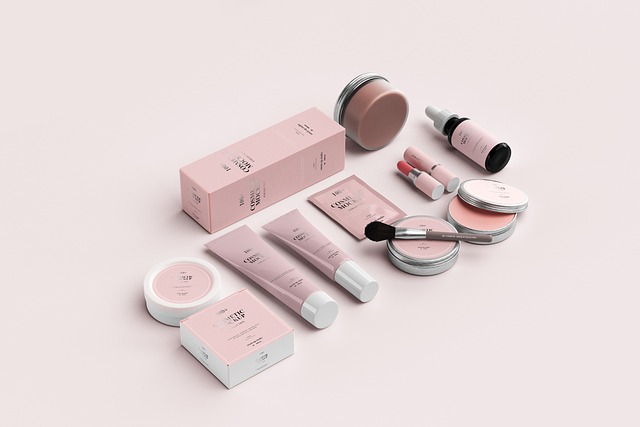In this post, we will go through the basics of facial skin care and some tips for maintaining healthy skin. Maintaining healthy and radiant skin requires proper facial skin care. Our facial skin needs extra care because it is more sensitive than the skin on the rest of our body.
Several skin care tips
1. Cleansing : Please choose a cleanser according to your skin type and concerns. For example, if you have oily skin, choose a foaming cleanser that will help reduce oil production. For dry skin, choose a cream or oil-based cleanser that helps moisturize your skin, wet your face with lukewarm water to open up your pores and make it easier to remove dirt and oil.
- Apply a small amount of cleanser to fingertips and gently massage into skin in circular motions. Pay particular attention to areas such as the T-zone (forehead, nose, and chin).
- Rinse your face well with lukewarm water and make sure there is no cleanser left.
- Dry your face with a clean towel, being careful not to rub or pull your skin.
- Wash your face twice a day, morning and night, to keep your skin in good condition.
3. Moisturizing and protecting from the sun: In order to keep the skin soft, supple and healthy, it must be moisturized and nourished. Water, oils, and other substances including occlusives, humectants, and emollients are often found in moisturizers. Emollients fill in the gaps and crevices on the skin's surface to smooth and soften the skin while emollients help draw water into the skin. Sealants help stop moisture loss by forming a barrier on the skin.
By using an umbrella or other type of shade, you can reduce your risk of skin cancer and damage from UV rays. When you're outside, even in the shade, your best bet for skin protection is to use sunscreen or wear protective gear.
4. Use anti-aging products: Look for skin care products that contain retinoids, antioxidants, and other anti-aging ingredients that help protect and rejuvenate your skin. Derived from vitamin A, retinoids improve the appearance of fine lines, wrinkles, and skin texture. Antioxidants, such as vitamin C, protect the skin from damage.
Damage is caused by free radicals which leads to premature aging. Other anti-aging ingredients, like hyaluronic acid, keep skin moisturized and reduce the appearance of wrinkles.
6. Consult a dermatologist: Get personalized advice on skin care and treatment options if needed. A dermatologist can help you understand your skin type and recommend appropriate skin care products and treatments to help prevent aging and maintain youthful skin. He will help you identify any underlying skin conditions that contribute to aging and offer treatments or advice on managing them. In addition, they can provide personalized advice about treatment options such as laser peels, chemical peels, and other anti-aging procedures that may be suitable for your skin.
Consult a dermatologist for customized skin care advice and treatment options. It is important to remember that it is always too early to start taking care of your skin. A consistent routine prevents aging and maintains a youthful and healthy appearance.
7. Treatment: Consider using concentrated treatments such as serums or spot treatments to address specific skin concerns such as acne, dark spots, or wrinkles. Look for products that contain ingredients like retinol, vitamin C, or salicylic acid.
Besides these measures, make sure you get enough sleep, eat a diet rich in fruits and vegetables, and drink plenty of water to keep yourself hydrated. Avoid smoking, as it can harm the health and appearance of your skin. You can keep your facial skin looking and feeling healthy by following these tips and establishing healthy lifestyle habits.

Comments
Post a Comment